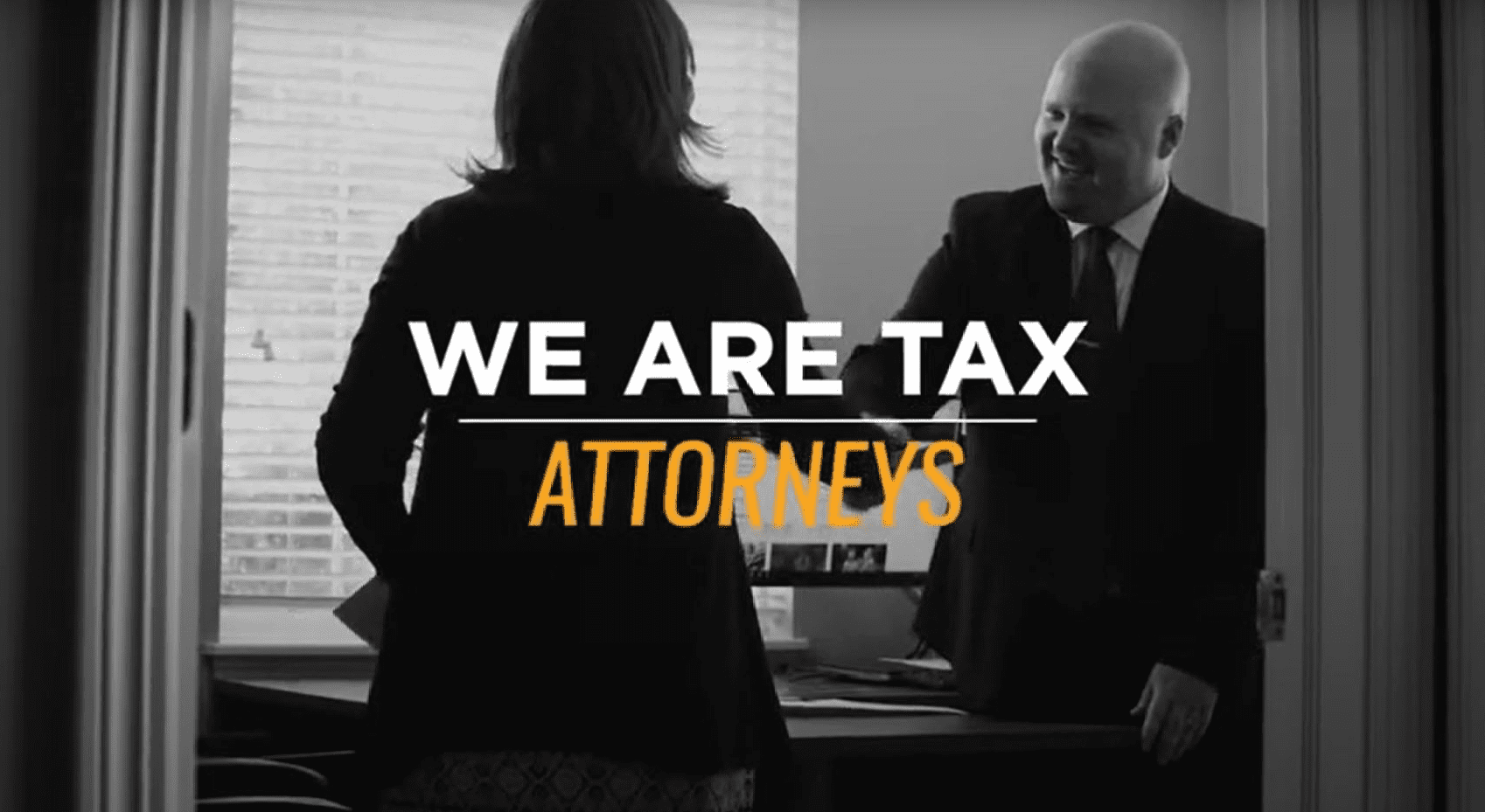IRS Audit Attorney
An IRS audit attorney can minimize the amount of damage to you or your business during an IRS audit. It is also important to be aware of procedural and appeal rights.
If you are one of the rare taxpayers to be audited by the IRS, you probably don't feel too lucky. Not many returns are selected for IRS audit examination. But, when they do get selected, the process is typically rather exhaustive. The goal is always to minimize what you're going to pay, because you likely are going to pay something to the IRS.
Check out the four steps of an IRS tax audit below to understand the basic audit process.
Get Help from an IRS Audit Attorney today!
Find out what your chances of a successful IRS audit will be.
Tell Me More about an IRS Tax Audit Examination
If there is one thing I do a lot of as a, IRS audit attorney, it is representing ``unlucky`` taxpayers who's number gets pulled for a tax audit. You probably don't feel very lucky even though the odds of an audit are rare. But, we've got your back. We know IRS audits inside and out.
As an IRS audit attorney, I have a lot of experience with tax examinations. Typically, returns with self-employment income and returns with high Schedule A itemized deductions are selected for a tax audit. There are generally four main stages to an IRS tax audit.
(1) IRS Audit Notice (this is when you should call an IRS audit attorney)
This is the first stage of the audit. You will be notified in writing by the IRS that you have been selected for a tax audit. The notice will tell you (1) the year(s) that were selected, (2) the forms that were selected, (3) the information the IRS is requesting, and (4) the auditor’s information and deadline for responding.
This is a critical stage of the audit. Promptly reaching out to the auditor can help establish a good relationship with the auditor. You do not want the auditor to go on a wild goose chase.
Additionally, you can narrow the scope of the audit at this stage. Pay attention to what is being asked for. Start gathering information and documentation. You may be asked to attend or schedule an interview as well (particularly if you are self-employed).
We cannot stress how important it is to get proper representation during an IRS tax audit. A veteran IRS audit attorney can mitigate a lot of issues during this stage of the audit.
(2) Prepare & Provide Documentation to the IRS Auditor
Go line by line on the audit Information Document Request. What specific tax line items are being audited? You will need to provide substantiation that the expense is real and legitimate.
Typical documentation includes receipts, invoices, bank statements, credit card statements, etc. If the audit is for self-employment, you will have to provide a business purpose.
Make sure that your substantiation is organized and use an Excel sheet to “sum” up your substantiated expenses. This makes it easier to email the documentation and Excel sheet to the auditor and “spoon feed” the information.
Yes, we said email. As an IRS audit attorney, we have discovered that email is the best way to correspond with the auditors – but you typically have to ask for their email. They don’t generally provide it on the notice.
Also, when you send attachments to the IRS auditor, typically include one line item per email and create an appropriate subject for the email (i.e. Email 1 of 10 : Taxpayer John Smiths 2020 1040 Mileage Log).
The IRS servers will reject your email if the files are too large (typically over 25MB).
Provide the substantiation and then let the auditor know by phone that you have sent the documents.
We have heard some IRS audit attorneys tell their clients to wait until the last minute to provide this. I think that is rather bad advice. If you put the IRS agents under a tight deadline, they are likely going to err on the side of not allowing the deductions. If you make their lives easy, they are going to return the favor.
In many situations, we find that clients are lacking documentation – particularly for categories such as meals. Focus on where the “big money” is. If you have a self-employment return (i.e. Schedule C) and you have claimed $20,000 in mileage and $2,000 in deductible meals, focus on creating that mileage log! You’re talking about saving roughly $4,000 in taxes vs. $400.
Additionally, almost all audits that we have been part of involve a mileage log. You can recreate those based on your appointments/calendars/date books if you do not have one. The mileage log should include miles driven, destination, date, and business purpose. Additionally, get start of the year receipts from oil changes and end of the year receipts from oil changes. This will help validate the “total miles.”
(3) IRS Review Information and Documentation
This is where you play the waiting game. Typically, it can take the IRS anywhere from a month or longer to review the substantiation and information provided. Take our advice – don’t bug them. They will notify you of the results.
And do NOT provide additional documentation until you get those results. Again, you may open a can of worms. Take it from an experienced IRS audit attorney, only provide information when it is requested. Less is typically more.
Once you get the audit results (Form 4549), review each line item. Determine if the IRS made mistakes or missed something. My advice is always to find the “big ticket” items and just start working your way down.
You will also want to request penalty abatement at this point. If you have been cooperative and pleasant with the IRS auditor, you stand a good chance of getting penalty abatement if you can established “reasonable cause.”
We typically have about 2-3 go-arounds with the IRS during this review stage. The goal is to “lock in” as many substantiated expenses as you can before you move on to another one. Do not get hung up on small de-minimis expenses like meal receipts. Most people don’t keep meal receipts, so focus instead on the bigger ticket items.
Like we said before, it is very likely that you will owe. The IRS is not going to spend its resources on an audit if it doesn’t think it will get some additional tax revenue out of it. The goal is always to minimize the damages.
(4) Audit Results
If you have done well with the back and forth with the auditor, you should have a pretty decent 4549 outcome form at this point. A good IRS audit attorney for Texas will have also requested penalty abatement at this point as well.
Keep in mind, the outcome of your audit is always determined by the documentation that you have, so as long as you have something reasonable to substantiate your expenses, you should be okay.
At this point, it may make sense to file a protest (appeal) on any larger ticket items that you have disagreed with the auditor on. Particularly, if the IRS auditor is not allowing you penalty abatement, you absolutely will want to file a protest as the settlement officer in appeals will likely “split the baby” and give you some form of penalty abatement.
Keep an eye on the deadline as you must file your protest in time to get into appeals. Also, pay attention to the proper format. There are legal requirements for an audit protest to be acceptable. Additionally, if you are going to owe a lot from the audit, you may also want to consider an IRS Offer in Compromise.
Get Good Audit Results with an IRS Audit Attorney Today
If you are ready to have an IRS audit attorney for Texas look at your case to see if you what kind of tax damages you are looking at, click here to get the process started today. Or call us directly for a free consultation at 330-331-7611.





